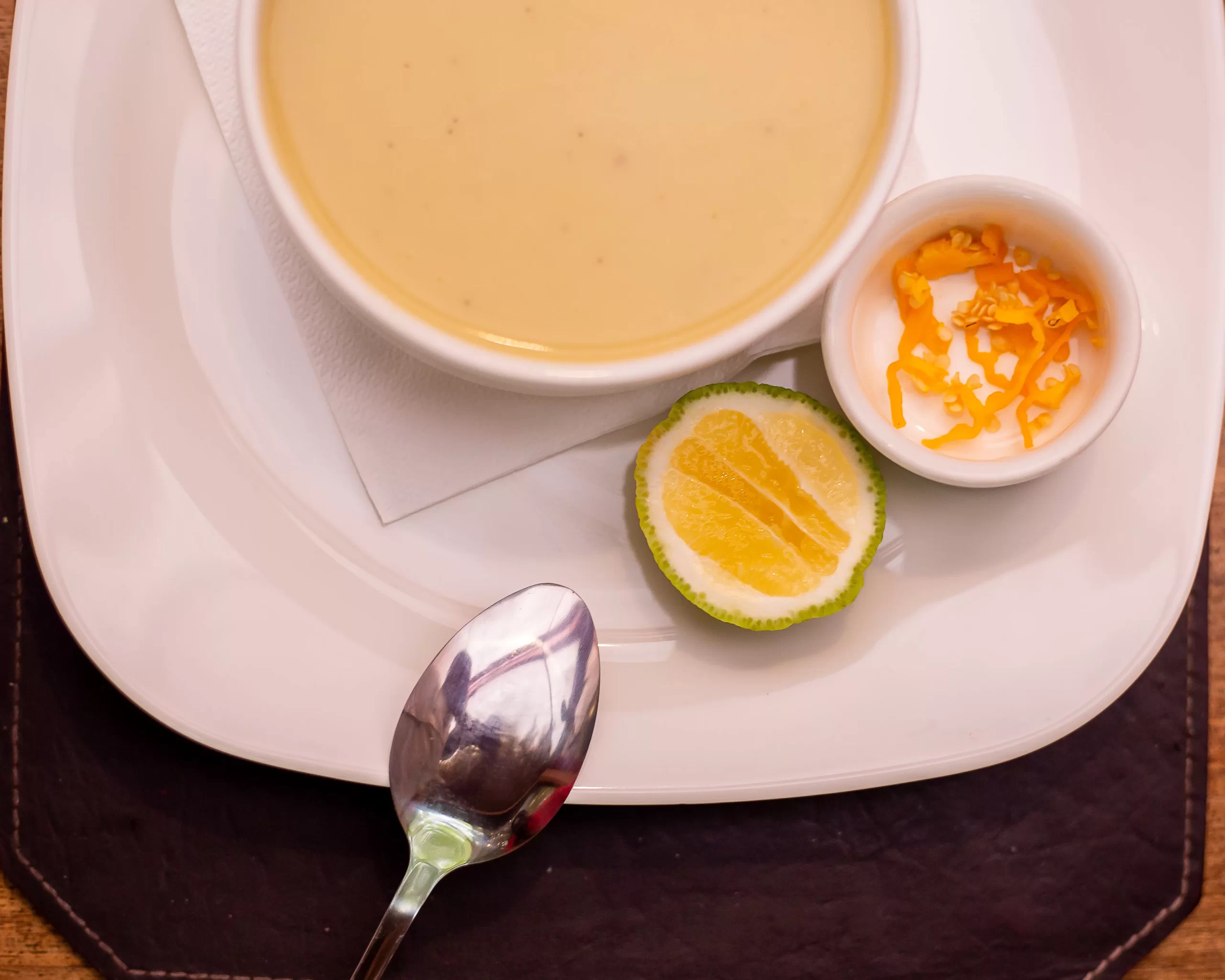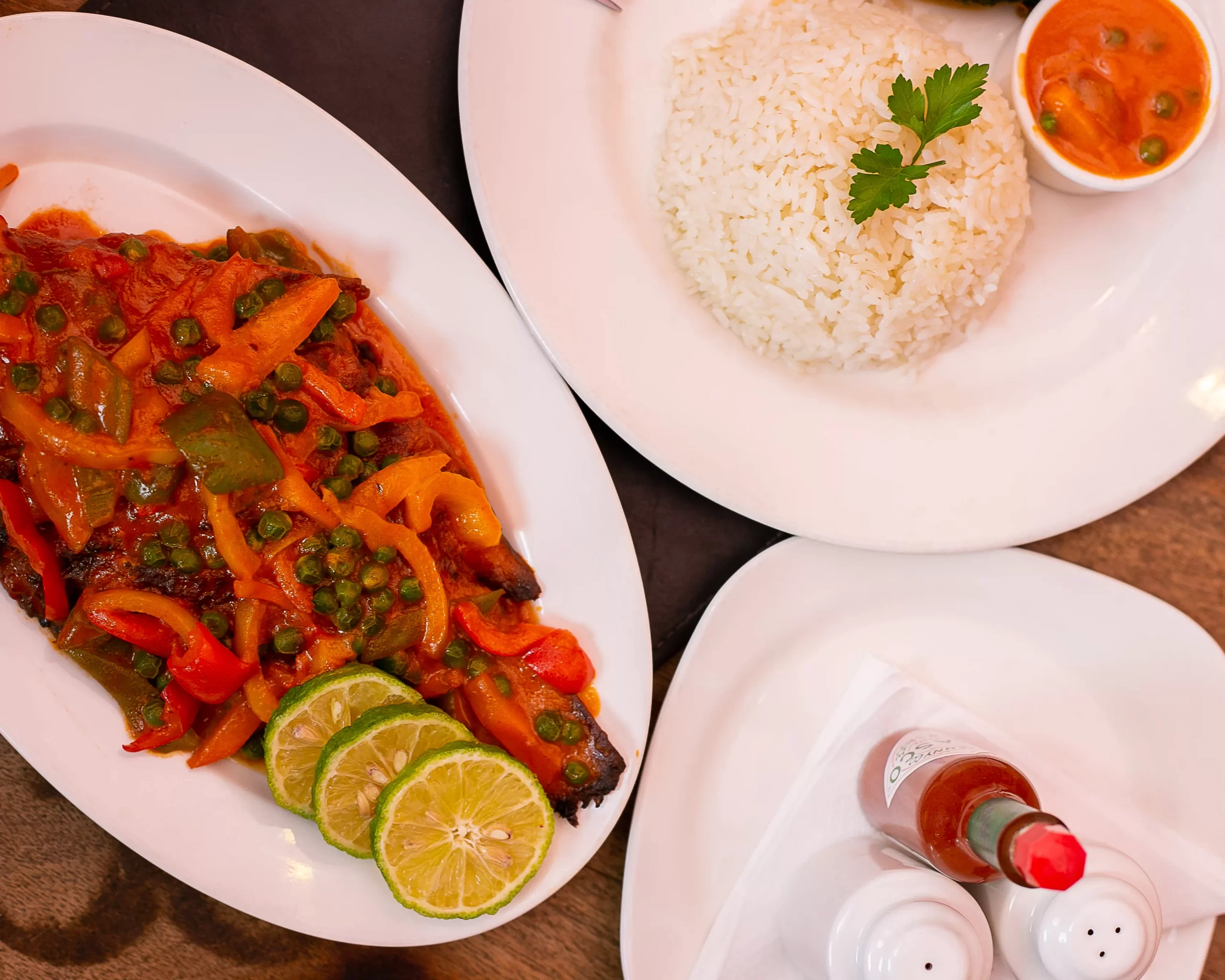Swahili cuisine, a culinary gem of East Africa, is a vibrant blend of flavors, ingredients, and cooking traditions that reflect the rich cultural tapestry of the Swahili Coast. Stretching along the eastern shores of Kenya and Tanzania, and encompassing the islands of Zanzibar and Pemba, Swahili cuisine is a delightful fusion of African, Arab, Indian, and Persian influences. For tourists and travelers, experiencing Swahili cuisine is an essential part of any visit to this enchanting region.
A Fusion of Cultures
Swahili cuisine’s unique flavor profile is a result of centuries of cultural exchange along the East African coast. The use of spices like cloves, cinnamon, cardamom, and black pepper is a testament to the Arab and Indian influence, while ingredients like coconut, cassava, and plantains highlight the African roots of the cuisine. Persian and Portuguese traders also left their mark, introducing new cooking techniques and ingredients.
Key Ingredients and Dishes
Spices and Aromatics
- Coconut: Coconut milk and grated coconut are fundamental in Swahili cooking, used in everything from savory stews to sweet desserts.
- Spices: Cloves, cinnamon, cardamom, and cumin are commonly used to create aromatic and flavorful dishes.
- Fresh Herbs: Coriander, mint, and cilantro add a fresh and vibrant touch to many dishes.


Staple Dishes
- Pilau: A fragrant rice dish cooked with spices, meat (usually chicken or beef), and sometimes vegetables. It’s often served during special occasions and celebrations.
- Biryani: Similar to pilau but with more complex layers of flavor, biryani includes marinated meat, yogurt, and saffron, creating a rich and aromatic dish.
- Samosas: These savory pastries are filled with spiced meat or vegetables and deep-fried until crispy. They are a popular snack or appetizer.
- Chapati: A type of flatbread that is commonly served with stews and curries. It’s soft, flaky, and perfect for soaking up rich sauces.
- Ugali: A staple made from maize flour, often served with fish, meat, or vegetable stews.
Seafood Delights
- Prawns and Fish Curry: Fresh seafood cooked in a rich coconut curry sauce, flavored with a blend of spices.
- Octopus Stew: Tender octopus simmered in a spicy tomato and coconut sauce, a favorite on the islands of Zanzibar and Pemba.
- Grilled Fish: Freshly caught fish marinated in spices and grilled to perfection, often served with a side of coconut rice or chapati.


Sweet Treats
- Mandazi: These sweet, fried doughnuts are flavored with coconut and cardamom, making for a delicious breakfast or snack.
- Zanzibar Mix: A popular street food dessert, Zanzibar Mix combines sweet potato, cassava, bhajias (fried chickpea fritters), and coconut chutney, all served in a spicy broth.
- Halwa: A sweet confection made from sugar, ghee, and flavored with cardamom, often enjoyed during special occasions.
Experiencing Swahili Cuisine
Dining in Local Restaurants: One of the best ways to experience Swahili cuisine is by dining at local restaurants. From bustling markets in Stone Town, Zanzibar to beachfront eateries in Dar es Salaam, you’ll find a wide variety of dishes that showcase the region’s culinary heritage. In Arusha, a hub for travelers and safari enthusiasts, you can enjoy an array of traditional dishes.
Cooking Classes: For a more immersive experience, consider taking a cooking class. Many local chefs offer classes where you can learn to prepare traditional Swahili dishes, gaining insight into the ingredients and techniques that make this cuisine so special.
Street Food: Don’t miss the chance to sample street food, which is an integral part of Swahili culture. Street vendors offer a range of snacks and meals, from samosas and bhajias to grilled corn and sugarcane juice.
Visit Fifi’s Restaurant in Arusha: For an exceptional dining experience, visit Fifi’s Restaurant in Arusha. Known for its authentic Swahili cuisine, Fifi’s offers a delightful menu featuring a blend of traditional and contemporary dishes. Whether you’re savoring a rich coconut curry or enjoying a plate of freshly grilled fish, Fifi’s provides a true taste of East Africa, making it one of the best places to experience Swahili flavors in a comfortable and welcoming atmosphere.

